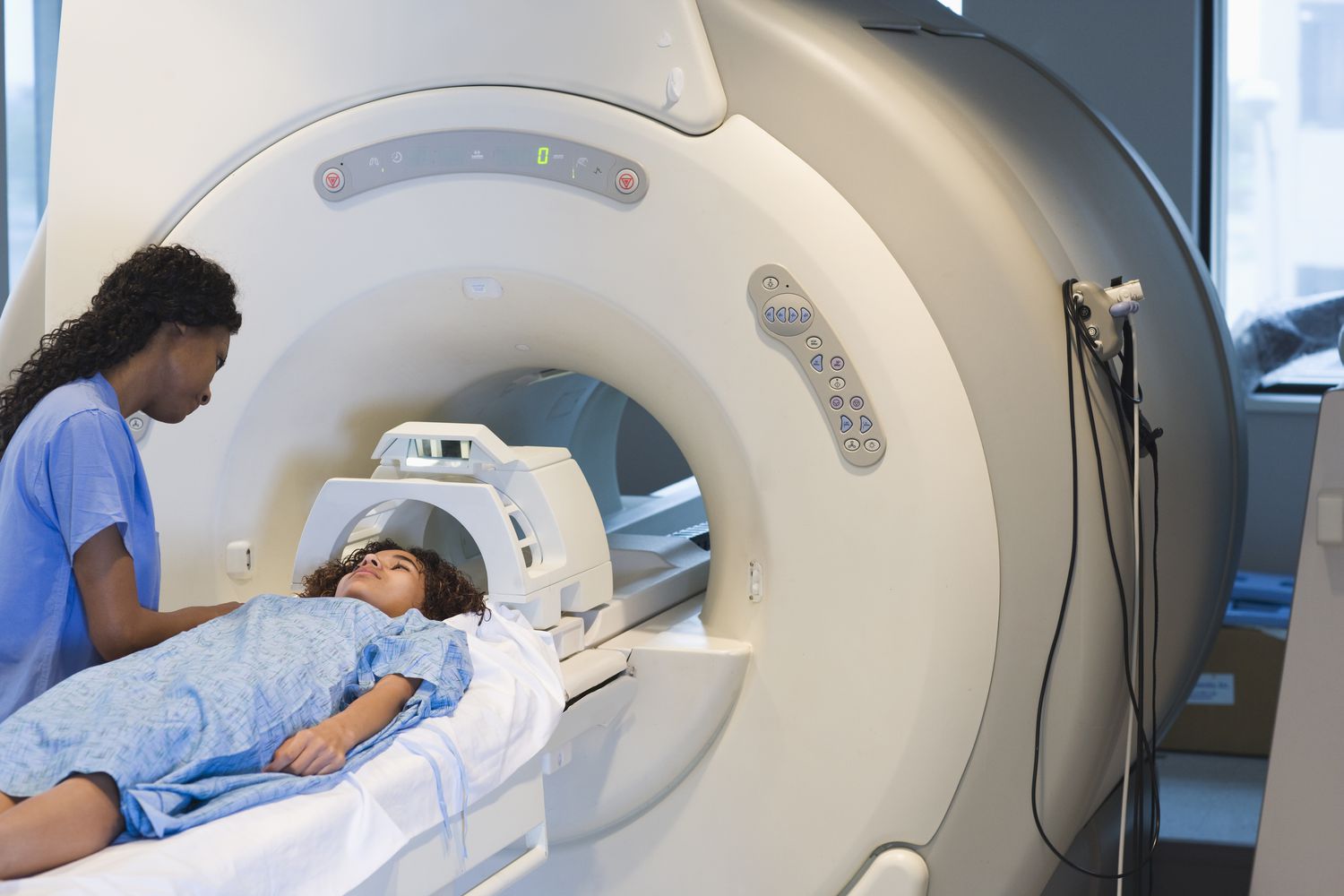Psychiatric evaluations and advanced psychiatric services are pivotal in diagnosing and treating mental health conditions. This comprehensive approach involves assessing an individual’s psychological state through various methods, leading to the development of effective treatment plans tailored to each patient’s needs. In this article, we will delve into the intricacies of psychiatric evaluations and the benefits of advanced psychiatric services, shedding light on their significance in promoting mental well-being.
What Are Psychiatric Evaluations?
A psychiatric evaluation is a structured assessment of a person’s mental health. It is typically conducted by a psychiatrist, psychologist, or other qualified mental health professional. The purpose of the evaluation is to diagnose mental health conditions, understand the severity of symptoms, and formulate an appropriate treatment plan.
Key Components of Psychiatric Evaluations
Clinical Interviews: The cornerstone of any psychiatric evaluation is the clinical interview. During this process, the mental health professional asks the patient a series of questions to gather information about their symptoms, medical history, family history, and any relevant social or environmental factors. The interview may be structured or semi-structured, allowing the clinician to probe deeper into specific areas of concern.
Psychological Testing: In addition to the clinical interview, psychological tests and assessments may be administered. These tests can include standardized questionnaires, cognitive tests, and personality assessments. They help quantify the severity of symptoms and identify any underlying psychological conditions.
Medical Examination: Sometimes, a physical examination and laboratory tests are conducted to rule out any medical conditions that might be contributing to the patient’s mental health issues. For example, thyroid problems or vitamin deficiencies can sometimes mimic psychiatric symptoms.
Observation: Direct observation of the patient’s behavior, speech, and interactions during the evaluation can provide valuable insights into their mental state. This observational data can help corroborate information gathered during interviews and testing.
Collateral Information: Gathering information from family members, friends, or other healthcare providers can offer additional perspectives on the patient’s condition. This holistic view can enhance the accuracy of the diagnosis.
The Importance of Psychiatric Evaluations
Psychiatric evaluations are critical for several reasons:
Accurate Diagnosis: An accurate diagnosis is the first step in effective treatment. Without understanding the specific mental health condition, it is challenging to develop a targeted treatment plan.
Personalized Treatment Plans: Each individual’s mental health needs are unique. A thorough psychiatric evaluation allows clinicians to tailor treatment plans to address the specific symptoms and underlying causes of a patient’s condition.
Early Intervention: Early detection and intervention can significantly improve outcomes for individuals with mental health conditions. Psychiatric evaluations help identify issues early, enabling timely and effective treatment.
Holistic Approach: By considering medical, psychological, and social factors, psychiatric evaluations provide a holistic view of the patient’s condition. This comprehensive approach ensures that all aspects of the individual’s health are addressed.
Advanced Psychiatric Services
Advanced psychiatric services encompass a wide range of treatments and interventions designed to address complex and severe mental health conditions. These services go beyond basic therapy and medication management, incorporating innovative and evidence-based approaches to improve patient outcomes.
Types of Advanced Psychiatric Services
Medication Management: While medication is a common component of mental health treatment, advanced psychiatric services involve careful monitoring and adjustment of medications to achieve optimal results. Psychiatrists work closely with patients to find the right medication and dosage, minimizing side effects and maximizing benefits.
Psychotherapy: Various forms of psychotherapy, such as cognitive-behavioral therapy (CBT), dialectical behavior therapy (DBT), and psychodynamic therapy, are used in advanced psychiatric services. These therapies are tailored to address specific mental health conditions and can be provided in individual, group, or family settings.
Electroconvulsive Therapy (ECT): ECT is a highly effective treatment for severe depression, treatment-resistant depression, and certain other mental health conditions. It involves the application of electrical currents to the brain under controlled conditions, leading to significant improvements in symptoms for many patients.
Transcranial Magnetic Stimulation (TMS): TMS is a non-invasive procedure that uses magnetic fields to stimulate nerve cells in the brain. It is primarily used to treat depression and has shown promise in other conditions such as anxiety and PTSD.
Ketamine Therapy: Ketamine, traditionally used as an anesthetic, has emerged as a powerful treatment for depression, especially in cases where other treatments have failed. Administered in controlled settings, ketamine infusions can lead to rapid and sustained improvements in depressive symptoms.
Telepsychiatry: The advent of telepsychiatry has revolutionized access to mental health care. Through secure video conferencing, patients can receive psychiatric evaluations and ongoing treatment from the comfort of their homes. This is particularly beneficial for individuals in remote or underserved areas.
Integrative Approaches: Advanced psychiatric services often incorporate integrative approaches that combine traditional treatments with complementary therapies. These may include mindfulness meditation, yoga, nutritional counseling, and exercise programs, all of which can enhance overall mental well-being.
Benefits of Advanced Psychiatric Services
Comprehensive Care: Advanced psychiatric services offer a comprehensive approach to mental health treatment, addressing multiple aspects of a patient’s condition. This holistic care improves the chances of successful outcomes.
Innovative Treatments: Access to cutting-edge treatments and therapies ensures that patients receive the most effective care available. Innovations like TMS and ketamine therapy can provide relief for individuals who have not responded to traditional treatments.
Personalized Treatment Plans: Advanced psychiatric services emphasize personalized care. Treatment plans are tailored to each patient’s unique needs, preferences, and goals, leading to more effective and satisfying outcomes.
Enhanced Access to Care: Telepsychiatry and other remote services increase access to mental health care, particularly for individuals who face barriers such as geographic distance or limited mobility.
Improved Quality of Life: Effective mental health treatment can significantly improve a patient’s quality of life. By addressing symptoms and promoting mental well-being, advanced psychiatric services help individuals lead fulfilling and productive lives.
Conclusion
Psychiatric evaluations and advanced psychiatric services play a crucial role in the diagnosis and treatment of mental health conditions. Through comprehensive assessments, accurate diagnoses, and personalized treatment plans, these services provide the foundation for effective mental health care. Advanced psychiatric services, with their innovative treatments and holistic approaches, offer hope and healing for individuals facing complex and severe mental health challenges. By prioritizing mental well-being and embracing the latest advancements in psychiatric care, we can improve the lives of countless individuals and foster a healthier, more resilient society.




